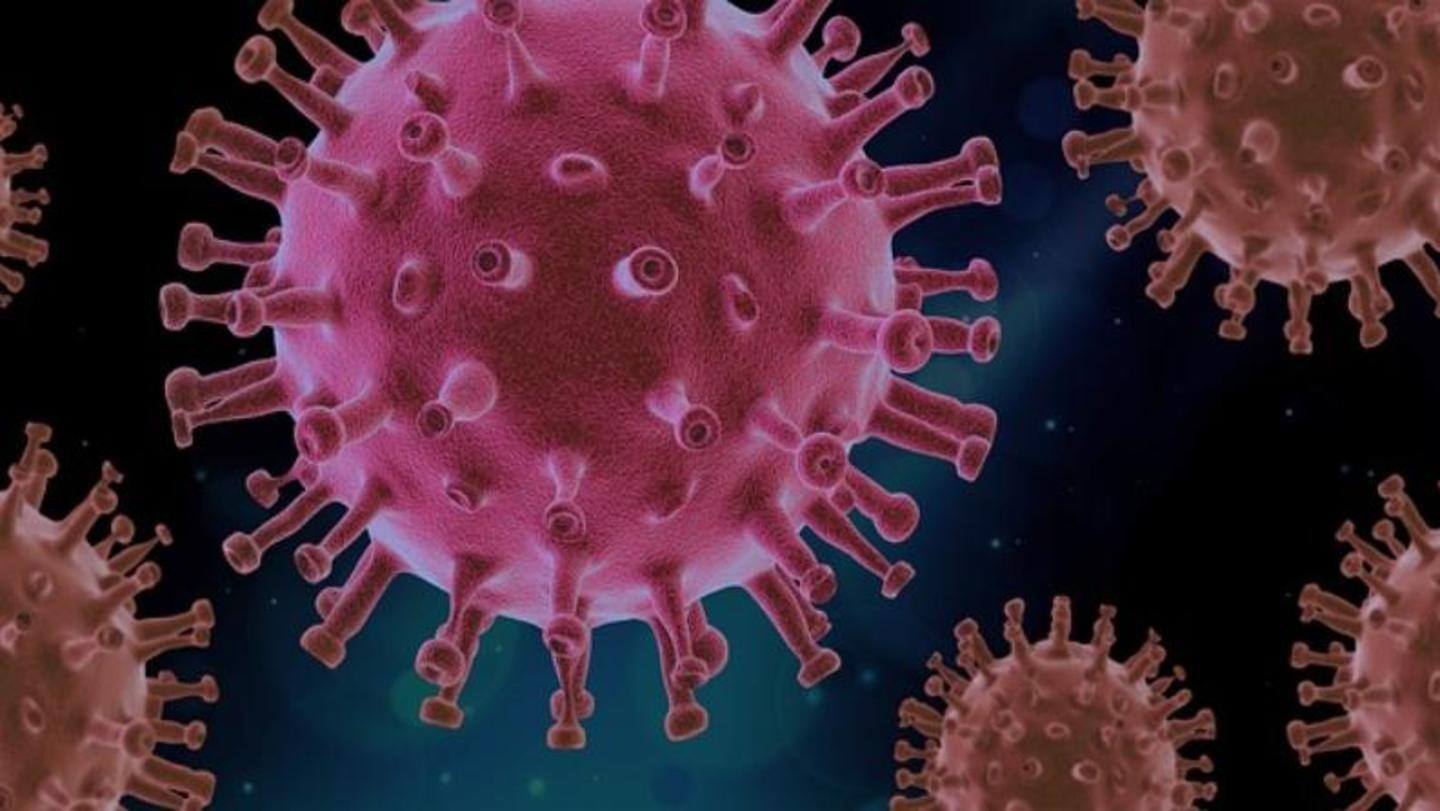
UK finds cases of COVID-19 variant first found in India
What's the story
UK health authorities identified 77 cases of the highly infectious B.1.617 variant of coronavirus which causes COVID-19, first found in India, and designated it a Variant Under Investigation (VUI). Public Health England (PHE), which releases weekly updates on the number of confirmed new cases of Variants of Concern (VOC) and VUI, reported on Thursday that the variant includes a number of mutations.
Report says
PHE is monitoring the situation closely
"The variant, first detected in India, includes a number of mutations including E484Q, L452R, and P681R, the PHE weekly report said. PHE has identified 77 cases of this variant in the UK and all appropriate public health interventions will be undertaken, including enhanced contact tracing. This variant has been designated VUI-21APR-01. PHE and international partners continue to monitor the situation closely, it said.
COVID-19 spread
This variant believed to be the reason behind second wave
The B.1.617 strain's mutations are feared to make the variant spread faster and partially evade immunity. The variant is believed to be largely responsible for India's current second wave of the COVID-19 pandemic. It also led to UK Prime Minister Boris Johnson deciding to shorten the length of his India visit later this month, with all the events to happen on April 26.
UK's response
UK has detected 56 variants of coronavirus till now
India at present is not on the red list of countries, which involves more stringent hotel-based quarantine requirements for travelers commuting between India and the UK. If further concerns emerge around the Indian B.1.617 variant, it could be categorized from a VUI to a VOC. The latest addition brings the total number of variants detected in the UK to 56, including the Kent variant.
PHE reports
The Kent variant remains the dominant variant in UK
The PHE said that the dominant variant in the country continues to be VOC-20DEC-01 B.1.1.7, or the Kent variant, which is being monitored closely. Earlier this week, people living in four boroughs in South London were urged to get tested as part of a surge testing drive after cases of the South African variant were found in Wandsworth, Lambeth, Barnet, and Southwark.